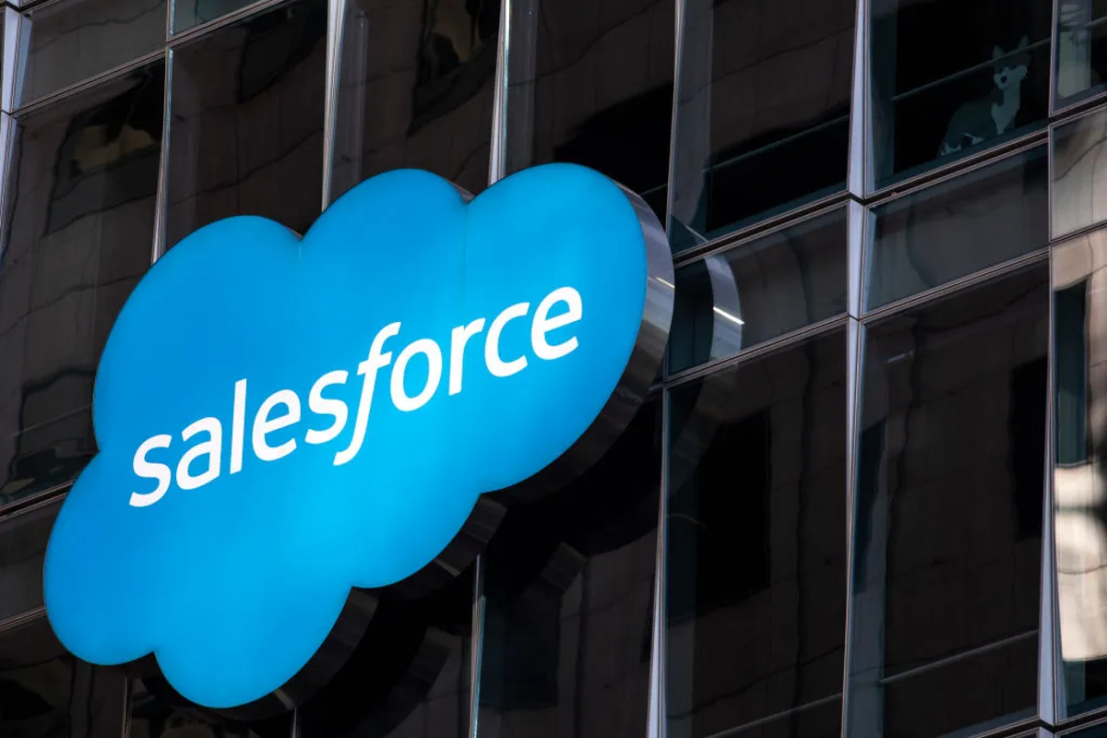
Salesforce cautions that the UK may fall short of its economic growth objectives unless it significantly enhances investment in workforce skills to adapt to the swift evolution of AI technologies.
This alert comes in light of the ambitious initiatives announced by the UK government and major technology companies aimed at bolstering the country’s capabilities in AI.
At the commencement of London Tech Week on Monday, Prime Minister Keir Starmer and Nvidia leader Jensen Huang launched the UK’s first sovereign AI industry forum.
“This signifies a tremendous endorsement for the UK,” Starmer proclaimed during the event. “AI and technology enhance our humanity, and it’s making a significant impact for the workforce.”
Although strides are being made to enhance hardware and industrial capabilities, significant gaps in AI skills persist, as underscored by industry leaders and analysts.
Salesforce, along with other employers in the UK, supports a governmental scheme to educate 7.5 million workers in AI competencies over the next five years.
The aim is to prime workers for a swiftly transforming job landscape where AI is projected to radically change roles and processes.
This caution resonates with escalating worries throughout the economy, as an increasing number of UK companies embrace agentic AI—systems that execute intricate tasks with limited human oversight—to enhance productivity.
Zahra Bahrololoumi CBE, Salesforce’s UKI chief executive, stated to City AM: “Agentic AI signifies a new economic paradigm redefining UK enterprises.”
“Through early implementation of AI agents, businesses of all scales in the UK are realizing considerable productivity gains and allowing human employees to concentrate on higher-value tasks,” she added.
Nonetheless, many organizations risk falling behind without thorough skills enhancement.
A recent Salesforce poll of UK executives, shared exclusively with City AM, revealed that 78 percent of companies are currently utilizing AI agents, expecting a 26 percent increase in productivity.
However, the capacity to deploy these tools across various sectors heavily depends on the workforce’s preparedness to embrace them.
The UK government’s AI strategy has chiefly centered on research, regulation, and attracting international investments.
The establishment of the sovereign AI forum is a commendable step towards decreasing dependence on foreign infrastructure and securing dominance in the area.
Yet, preparing the workforce to meet this ambition poses a critical challenge. Analysts have pointed out that despite the importance of high-profile investments, AI’s advantages will be unevenly allocated without corresponding reskilling initiatives.
“There’s evident progress regarding infrastructure,” remarked Dr Priya Choudhury, a senior researcher at the Institute for Public Policy Research.
“However, to avert a widening gap between firms ready for AI and those that lag, large-scale skills initiatives must be accessible, particularly for smaller companies and low-wage workers.”
Business leaders are calling for a national digital skills platform to streamline training efforts. With over 80 percent of senior executives in the UK and Ireland intending to train their teams in AI within the forthcoming year, the need for high-quality education is only anticipated to grow.



